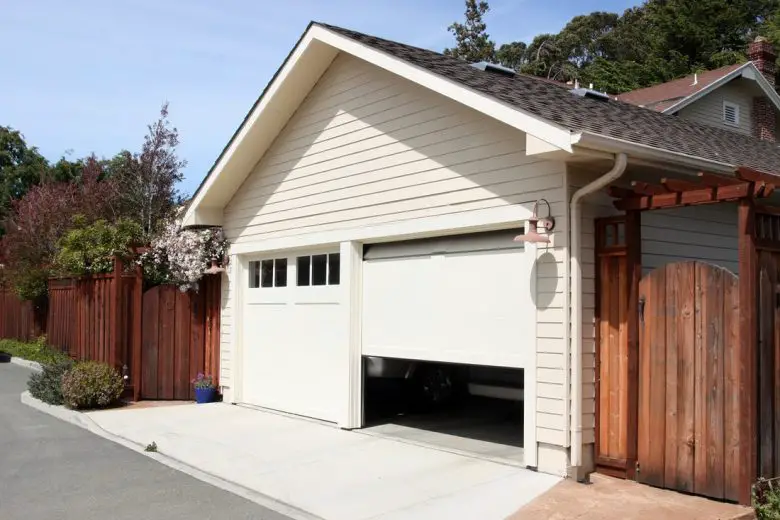“Does homeowners insurance actually cover the garage?”
The short answer? Yes—but with important caveats. Let’s walk through the details in plain language, minus the legal jargon.
What Homeowners Insurance Usually Covers
A standard homeowners policy is designed to protect you from life’s unexpected gut punches—fires, theft, storm damage, or accidents that make your home suddenly unlivable. Most policies cover four core areas:
Dwelling coverage: The structure of your home itself.
Personal property coverage: The stuff inside your home.
Loss of use: Hotel stays, meals, or rentals if you can’t live in your house during repairs.
But where does your garage fit into this picture?
Attached vs. Detached Garages: Why It Matters
Attached garages: If your garage is physically connected to your home, you’re in luck. It usually falls under dwelling coverage, meaning it’s protected the same way as your house.
Detached garages: If your garage sits apart from your home—even just a few feet away—it falls under other structures’ coverage. This category also covers sheds, fences, or gazebos. Most policies cover these up to about 10% of your home’s insured value.
Example: If your home is insured for $400,000, your detached garage might only have $40,000 of protection. Whether that’s enough depends on what’s inside.
What’s Typically Covered in a Garage
Most garages are protected against damage from:
Fire
Vandalism
Theft
Fallen trees
Storms (wind, hail, lightning)
Sounds straightforward, right? Well, not exactly.
What About the Stuff Inside the Garage?
Here’s where it gets tricky. Your personal property coverage extends to garage items like tools, bikes, or lawn equipment—but with limits.
Expensive gear like e-bikes, golf clubs, or antique car parts? They may not be fully protected unless you add a rider or endorsement to your policy.
Running a side hustle from your garage (say, a woodworking shop or fitness studio)? That usually requires business insurance, not just homeowners.
What Homeowners Insurance Doesn’t Cover
Some risks fall outside the safety net of standard coverage:
Flooding: Requires separate flood insurance.
Earthquakes: Need a specialized policy.
Wear and tear: Rust, mold, or broken springs aren’t covered.
Business use: Losses tied to commercial activity aren’t included.
Can Garage Security Lower Your Rates?
Yes. Insurance companies love risk reduction. Features like:
Motion-activated lighting
Reinforced locks
Security systems
…can actually earn you discounts while helping prevent break-ins in the first place.
Should You File a Claim for Garage Damage?
Not always. Filing a claim isn’t free—future premium hikes are often the hidden cost. Before calling your insurer, ask yourself:
Is the damage higher than my deductible?
Will this claim affect my long-term rates?
Can I afford to fix this without insurance?
Why You Should Review Your Policy Every Year
Life changes quickly—and so does the value of what’s in your garage. You might need more coverage if:
You’ve remodeled or expanded your home.
You’ve bought new tools, sporting gear, or collectibles.
You’ve converted your garage into a gym, studio, or office.
Think of it like a yearly tune-up keeping your coverage aligned with your lifestyle so you’re not underinsured when disaster strikes.
The Bottom Line
Your garage, whether it’s a neatly organized workshop or a chaotic shrine to half-finished projects is usually covered by homeowners insurance. How much, and for what, depends on whether it’s attached, what’s inside, and how you use it.
Because when a frozen tree branch comes crashing through your roof, the last thing you want is paperwork panic. You want peace of mind. And that starts with knowing exactly how your homeowners insurance treats your garage.



